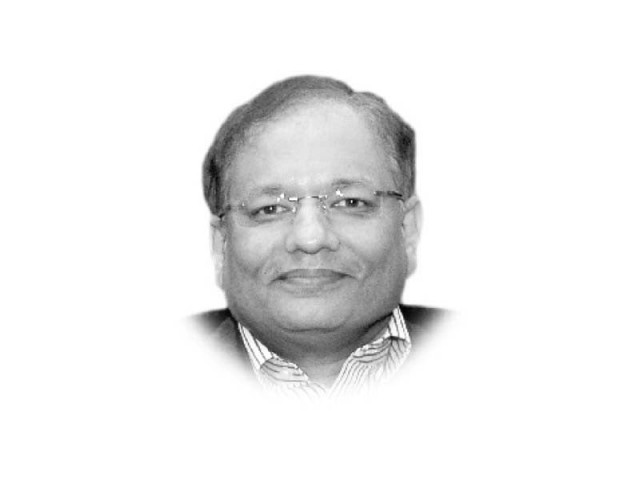Mother's Day — little to celebrate
.

Celebrating Mother's Day on the second Sunday of May is a relatively recent phenomenon, although honouring mothers has deep cultural and religious roots.
In Islam, the reverence for mothers is profound — so much so that the Holy Prophet (PBUH) declared, "Paradise lies under the feet of the mother." The Quran commands believers to show kindness to parents, reminding us of the hardship mothers undergo especially during pregnancy, childbirth and the early years of nurturing a child.
And still, in 2025, we fail them.
The latest UN report on global maternal mortality trends from 2000 to 2023 is grim. Just four countries — Nigeria, India, the Democratic Republic of Congo and Pakistan — account for nearly half of all maternal deaths worldwide.
In Pakistan, a woman dies from pregnancy-related causes approximately every 48 minutes. That's nearly 11,000 preventable maternal deaths each year -— a violation of constitutional and human rights. Although maternal mortality in Pakistan declined by a third between 2006 and 2019 — from 286 to 186 deaths per 100,000 live births — we are still far from achieving the Sustainable Development Goal of reducing maternal mortality below 70 per 100,000 live births.
Why does a natural, physiological event end so often in death?
The answer lies in systemic failure: a fragile health system, deep-rooted societal injustices and the poor status accorded to women. Where services do exist, they are unevenly distributed. Maternal mortality is highest in Balochistan, followed by Sindh, Khyber-Pakhtunkhwa and Punjab — clear evidence of entrenched regional and rural-urban disparities. Poor women, especially in under-served areas, rely on under-resourced public health systems while the private sector grows — accessible only to those who can afford it.
Analysis carried out by the Population Council of the 2019 Pakistan Maternal Mortality Survey reveals alarming findings: women attended by "skilled birth attendants" had higher mortality risks than those who were not. The research also shows that women lacking basic immunisations — such as tetanus toxoid — face higher mortality risks.
This underscores the poor quality of care offered by the health system, which is frequently plagued by supply shortages, a weak referral system that delays access to appropriate facilities, and inadequate accountability.
Other risk factors reflecting broader social determinants are just as stark: according to the research, being older, less literate and not using family planning significantly increase the risk of maternal death. These are not just health concerns — they reflect how inequities in education, autonomy and support directly impact maternal outcomes, underscoring the need for a multi-sectoral approach to improve women's health in Pakistan.
The sobering statistics make clear that strengthening primary health care — especially with a robust reproductive health component — is now non-negotiable. Punjab's recent initiative to integrate population and health services is a promising step. Integrated, one-stop women's health services are essential to eliminate inequities in care. But we need national scale and political will to make maternal death not just a health issue — but a political one. Equity must be at the core: expanding community-based and mobile outreach to reach remote and impoverished populations is vital.
We must also build a health system resilient to external shocks — climate change, conflict, disasters and pandemics. Women's voices must be included in every resilience plan. And we must confront the root causes of deprivation by fast-tracking progress in girls' education, nutrition and economic empowerment.
Celebrating Mother's Day must mean more than televised tributes and public displays of sentiment. It must mean saving mothers' lives. Until childbirth is safe for every woman — regardless of income, geography or education — there is little to celebrate.















COMMENTS
Comments are moderated and generally will be posted if they are on-topic and not abusive.
For more information, please see our Comments FAQ